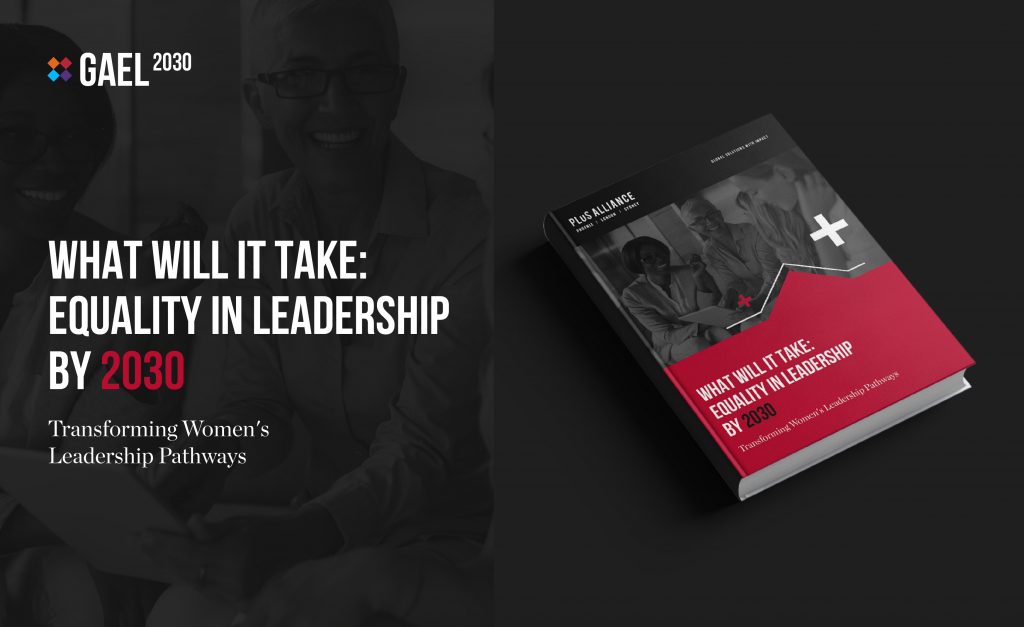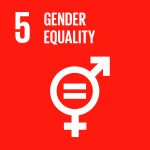Esta web utiliza cookies para que podamos ofrecerte la mejor experiencia de usuario posible. La información de las cookies se almacena en tu navegador y realiza funciones tales como reconocerte cuando vuelves a nuestra web o ayudar a nuestro equipo a comprender qué secciones de la web encuentras más interesantes y útiles.
Transforming Women's Leadership Pathways
Description
Institution
UNSW Sydney, Arizona State University and King’s College London

Organizations/areas of the university involved
UNSW Sydney, ASU, King’s College London (collectively, the PLuS Alliance)
Country
Australia and the Unites States
Arizona State University and UNSW Sydney hosted the Transforming Women’s Leadership Pathways initiative engaging experts to develop action plans to close the leadership gender gap across 10 sectors by 2030.
The Transforming Women’s Leadership Pathways event (TWLP) brought higher education, industry and government partners together to develop action plans to close the gender leadership gap across 10 sectors by 2030. This was the first time a group of top international universities collaborated with Industry and Government to tackle this global challenge.
Representatives from 10 sectors engaged in working groups focused on the delivery of an action plan for their specific area. The 10 groups were The Arts, Corporate, Engineering, Entrepreneurship & Innovation, Higher Education, Media & Communications, Medicine, Policy & Politics, Science, and Technology.
The Action plans articulate the practical steps universities, industry and government must take to have more women in leadership by 2030. Working groups tested recommendations against the guiding principles of intersectionality, sustainability and changing work and work patterns to ensure that the solutions are inclusive and adaptive for future ways of working. To ensure the recommendations put to universities, industry and government were evidence based and inclusive, each working group was designed to include a diverse group of people from multiple institutions and professional backgrounds. Pre-reading packs specific to each area and general resources around women’s leadership, were circulated to participants to provide a starting point for best practice research, programs, policies, processes and systems. Experts provided custom case studies and participated in the groups. A Student Ambassador program was developed to engage students from each of the PLuS Universities. This allowed students to connect and network with leading academics, policymakers, and professionals across each sector.
An event website served as a key part of its success. It stored supporting resources including session guidelines, technical support, action plan templates, pre-reading, case studies, programs and timetables, event support and contact information, as well as a networking lounge.
The ten action plans have been published (www.GAEL2030.org), and we will work individually and in concert with partners from higher education, industry and governments, to implement the recommendations to drive workplace change and to close the gender leadership gap by 2030.
Results and impact measured or expected
Over 100 faculty, students and professionals from Australia, the United States and the United Kingdom participated in the working groups for the TWLP and hundreds more have engaged with the Action Plans in the months since they were published.
Data addressing implementation of the recommendations and impact across sectors will be a critical component of this work moving forward. TWLP organizers have developed an engagement plan for the action plans and phase 2 will begin shortly which will center around engaging with each sector to implement the recommendation. This work is to be conducted under the Global Alliance for Equity in Leadership (GAEL), a proposed alliance of universities and industry partners.
Critical success factors were impressive stakeholder engagement, innovation in event design and delivery, and people, operations and leadership in ensuring the success of each working group session.

Tags
Connection with the SDG framework
Universities play a unique role in meeting the SDGs by providing a large part of the knowledge base required to tackle these global challenges. However, to implement the changes required to meet these ambitious goals will require the coordinated efforts of universities, governments and industry and nonprofit entities around the globe. The TWLP initiative is unique in addressing SDG 5 through bringing together the combined perspectives of representatives from multiple universities internationally with representatives from industry, non-profits and government to develop recommendations to be implemented across these sectors. This unique linking of faculty, students and professionals not only enriched the discussion and enhanced the recommendations, but it will be a critical feature in moving the dial in women’s representation.
Barriers and follow up
COVID-19 was a challenge on multiple fronts. TWLP was intended to be in person at UNSW Sydney, bringing together attendees from three universities, industry and government representatives from each country. The impact of the pandemic on the higher education sector meant that funding to support the initiative was limited.
These challenges were overcome by leveraging the existing networks of the universities and the initiative Steering Committee to ensure the successful delivery of an online event. This involved utilizing UNSW and ASU technical support teams, the PLuS Alliance, UNSW, and ASU’s media and external relation teams for communications support, and people resources across each university for overall event design and delivery. While initially the inability to hold an in person event was viewed as a barrier, the move to virtual ultimately enhanced the process and outcomes by allowing for much greater inclusivity in the participants and thus broader representation.
Transferability of the initiative
The TWLP initiative is scalable, and can be applied across multiple geographical regions and SDGs. The combination of higher education, industry and government stakeholders will be critical to address the global challenges of the SDG, as such the TWLP initiative serves as a model for how these sectors can engage in a multidisciplinary process to develop real-world, implementable recommendations for change. While our program was delivered online and this enabled greater accessibility and additional guest opportunities, the event would benefit from some in-person components, to enable face to face networking opportunities for participants. The PLuS Alliance and GAEL are exploring the benefits of a hybrid approach to retain the benefits and inclusivity afforded by an online delivery with the dynamic and critical networking offered by in person events.
Education 4 SDG funciona gracias a WordPress

